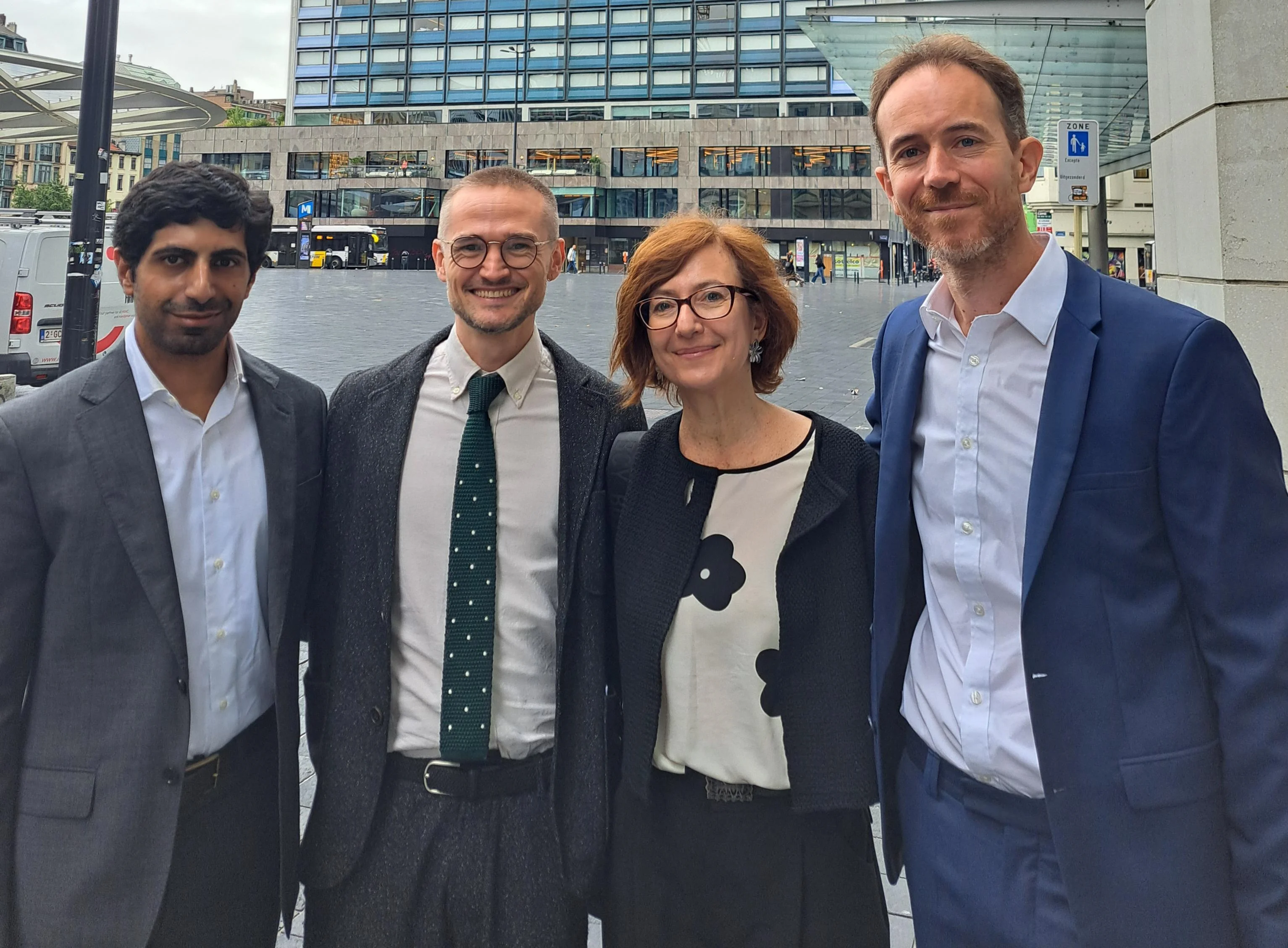LSE academic receives European Research Council Synergy Grant

Dr Bruno Leipold from the Department of Government at LSE is part of a research team that has been awarded a Synergy Grant worth more than €9 million by the European Research Council to deliver a landmark project that will seek to challenge the way we think about democracy.
The ERC Synergy Grants foster collaboration between outstanding researchers, enabling them to combine their expertise, knowledge and resources to push the boundaries of scientific discovery.
Dr Bruno Leipold is one of four principal investigators on the Popular Government in Global Perspective project (POPGOV), an ambitious six-year research endeavour which argues that the world's dominant form of democracy – representative government – is failing ordinary people.
Dr Leipold and colleagues Udit Bhatia (King’s College London), Yanina Welp (University of Girona), and Pierre-Etienne Vandamme (UCLouvain), have been awarded a €9.2 million Synergy Grant by the ERC to deliver the project. They will recruit a further 15 postdoctoral researchers across their institutions.
The researchers said: “We are deeply grateful to the European Research Council for the opportunity to pursue this project, which we hope will reimagine how democracy can truly serve its citizens."
The POPGOV project argues that while modern representative government – which is characterised by regular elections and independent representatives – has become the main alternative to authoritarianism, it often serves to empower a narrow group of elites above others.
The project aims to counter this by uncovering alternative democratic models, which it groups under the label "popular government". These are defined as political forms that genuinely seek to empower ordinary citizens, not just a select few.
The study strives to break new ground by combining history, political philosophy, comparative politics and empirical research across five packages of work. Researchers will study historical, defeated democratic visions alongside contemporary experiments in India, South Africa and Latin America. These include mechanisms like citizens' assemblies, recall elections and theoretical models like "lottocracy" (selection by lottery).
An Assistant Professor in political theory in the Department of Government, Dr Leipold will be leading on a package of work that will examine how popular government has been understood in the history of political thought.
Leipold commented: “I am thrilled that the European Research Council decided to fund our POPGOV project. At a moment when representative governments are increasingly captured by oligarchic elites, the grant will allow us to comprehensively investigate popular alternatives that empower ordinary citizens.
“I am especially glad that the interactive nature of the Synergy Grant will allow Yanina, Pierre-Etienne, Udit and I, to work closely together. Our team brings together a diverse set of geographic expertise and disciplinary approaches, that will allow us study democracy and its institutions from a unique combination of comparative, theoretical, empirical and historical perspectives."
The goal for the research team is to identify the core principles of popular government and assess the challenges to implementing them. The team believes that by charting viable alternatives to representative democracy, the research can serve as a "bulwark against democratic backsliding".
President of the European Research Council, Prof. Maria Leptin, said: "Collaboration is at the heart of the ERC Synergy Grants. In our latest round, teams of researchers will join forces to address the most complex scientific problems together – this time, they are more international than ever. The competition was fierce, with many outstanding proposals left unfunded. With more funds, the ERC could fully capitalise on this wealth of first-class science. Such scientific endeavours are what Europe needs to be at the real forefront."
In total sixty-six research teams, bringing together 239 scientists, will receive a total of €684 million in European Research Council Synergy Grants to tackle some of the most challenging scientific questions across a broad range of fields.
Find out more about the European Research Council here.